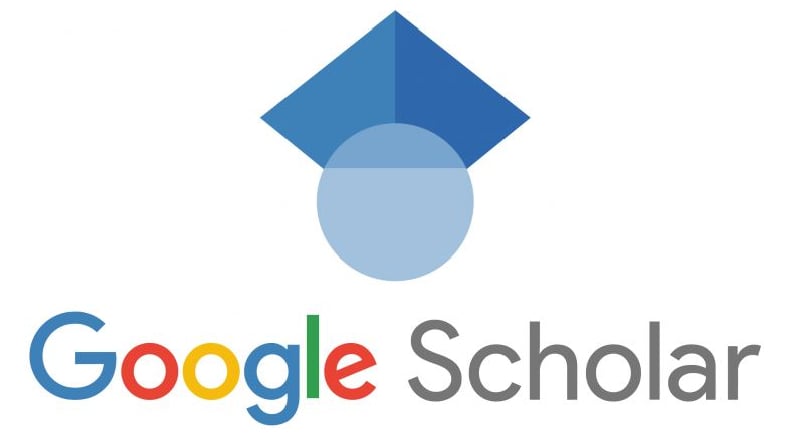Implementation of STEM (Science Technology Engineering and Mathematics) Learning Model Based on Local Wisdom on Student Learning Outcomes
Keywords:
Local Wisdom, STEM Learning, Student CreativityAbstract
The rapid development of science and technology has given rise to various innovations in the field of technology that are created to facilitate activities, especially in the field of education. Creative thinking and critical thinking skills are very much needed following the demands of 21st-century skills, namely so that students have various abilities, including critical thinking, creative thinking, communication and collaboration. STEM is an integrative learning approach that combines Knowledge (Science), Technology (Technology), Engineering (Engineering), and Mathematics (Mathematics). Several studies have shown that the STEM approach positively affects student learning, so this study tries to implement STEM based on local wisdom on learning outcomes. This study aims to determine how student learning outcomes are before and after providing a STEM learning model based on local wisdom. The type of research used is quantitative with an experimental method. Sample selection uses a simple random sampling technique, with research subjects being grade IX students of SMP Muhammadiyah Kediri. The results of the study showed that the average student learning outcomes before the action were relatively low; after being given treatment, the average student learning outcomes increased. The results obtained using the paired t-test were that the significance value of learning outcomes was 0.000 <0.05, meaning that there was a difference in the average learning outcomes of students before and after the local wisdom-based STEM learning model provision.
Downloads
References
Ama, Syamsiah Rohmah, Syutaridho, and Ambarsari Kusuma Wardani. 2023. “Pengembangan Lembar Kerja Peserta Didik Berbasis STEM Pada Materi Transformasi Geometri Di Kelas XI SMA.” JEMST: Journal of Education in Mathematics, Science, and Technology 6(1):1–10.
Damayanti, Herry Novis. 2022. “Pengembangan Bahan Ajar Ecoprint Berbasis TPACK Pada Pembelajaran Matematika Materi Transformasi Di SMAN 1 Klaten.” Prosiding Seminar Nasional Pembelajaran Matematika (13):19–30.
Dyah Haerunnisa, and Adi Ihsan Imami. 2022. “Analisis Kecemasan Belajar Siswa SMP Pada Pembelajaran Matematika.” Didactical Mathematics 4(1):23–30. doi: 10.31949/dm.v4i1.2015.
Hasanah, Huswatun. 2020. “Pengembangan Bahan Ajar Matematika Berbasis STEM Pada Materi Bangun Ruang.” Indonesian Journal of Learning Education and Counseling 3(1):91–100. doi: 10.31960/ijolec.v3i1.582.
Hermawan, Iwan. 2019. Metodologi Penelitian Pendidikan (Kualitatif, Kuantitatif Dan Mixed Method). Kuningan: Hidayatul Quran Kuningan.
Hulwani, Almas Zati, Heni Pujiastuti, and Isna Rafianti. 2021. “Pengembangan Media Pembelajaran Interaktif Android Matematika Dengan Pendekatan STEM Pada Materi Trigonometri.” Jurnal Cendekia : Jurnal Pendidikan Matematika 5(3):2255–69. doi: 10.31004/cendekia.v5i3.717.
Huzaimah, Pipip Zulfa, and Risma Amelia. 2021. “Hambatan Yang Dialami Siswa Dalam Pembelajaran Daring Matematika Pada Masa Pandemi COVID-19.” Jurnal Cendekia: Jurnal Pendidikan Matematika 5(1):533–41.
Khairiyah, Nida’ul. 2019. Pendekatan Science, Technology, Engineering Dan Mathematics (STEM). Bogor: Guepedia.
Purnamasari, Ikaningtyas, Dewanti Handayani, and Ali Formen. 2020. “Stimulasi Keterampilan HOTs Dalam PAUD Melalui Pembelajaran STEAM.” Seminar Nasional Pascasarjana 3(1):507–16.
Suwardi. 2021. “STEM (Science, Technology, Engineering, And Mathematics) Inovasi Dalam Pembelajaran Vokasi Era Merdeka Belajar Abad 21.” PAEDAGOGY : Jurnal Ilmu Pendidikan Dan Psikologi 1(1):40–48.
Widana, I. Wayan, and Kadek Lisa Septiari. 2021. “Kemampuan Berpikir Kreatif Dan Hasil Belajar Matematika Siswa Menggunakan Model Pembelajaran Project-Based Learning Berbasis Pendekatan STEM.” Jurnal Elemen 7(1):209–20. doi: 10.29408/jel.v7i1.3031.
Wulandari, Laila. 2019. “Upaya Meningkatkan Kemampuan Kreativitas Matematis Melalui STEM Materi Koordinat Kelas VIIIA SMP Negeri 1 Magelang.” Jurnal Profesi Keguruan 5(1):23–30.
Downloads
Published
How to Cite
Issue
Section
License
Copyright (c) 2024 Ardiana Fatma Dewi, Fina Alya Nur Wakhidah, Dwi Ratna Sari, Hasna Nisa Arifinta, Naila Lutfiatun Ni’amahah, Siti Mazro’atul Ilmia, Tri Eva Sholihah

This work is licensed under a Creative Commons Attribution 4.0 International License.






